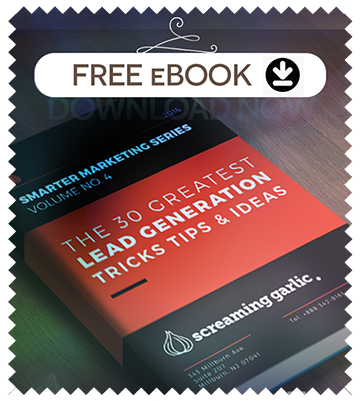Whenever we do an assessment for one of our digital marketing clients, it always seems that there is an issue with meta descriptions that affect optimization of the site which in turn affect the ability to go up in the search engine rankings, a.k.a, SEO.
No need to be afraid of those 155 characters. This is your chance to craft the best click-worthy meta descriptions with our list of tips below:
Tip #1: Don’t Let Search Engines Create Your Meta
This is your content. You know it best. Letting a search engine choose will not do your hard work justice. They may just use the first sentence from the page, they may use another snippet of text that they believe is more relevant, or it could be a hodgepodge of header tags and keywords. It is up to you to create the draw.
Tip #2: Don’t Copy and Paste
Content from your post is most likely focusing on telling a story rather than trying to sell. Meta descriptions are your chance to optimize your overall content for placement.
Tip #3: Know Your Limits
Stay within the character limit. Going over means descriptions are cut-off. You know someone did this when you see the “…” in the search engine listing. That’s bad form and shows someone didn’t take the time to care. Don’t be that person.
NEED A SEO ASSESSMENT - GET A FREE ONE HERE
Tip #4: Mind Your Keywords
While on-site keywording is important to your SEO efforts, so is meta description keywording. For every page and post on your site, you’ll want to have a “focus” keyword around which all your content revolves. This keyword should be present not only within the page content, but also within the meta description.
Using keywords in your meta descriptions is important. Users searching for those keywords might not notice the bolded keywords, but the search engines will.
Tip #5: Be Upfront
As with anything you publish to your website, be honest with your audience. If you try to optimize your content, keywords, and metadata around a term that’s sure to get you traffic but is completely irrelevant to what you do, it will backfire. Remember that it’s not just about getting higher numbers of visitors. It’s about attracting an audience that’s interested and wants to learn more. High bounce rates are sure to get you noticed by the search engines, and not in a good way.
Tip #6: Solve the Problem
Your meta description needs to tell readers right away why clicking on your search engine result page (SERP) entry will benefit them over any of the other results that appeared. Think about what their pain is and how this page will relieve it.
Tip #7: Don’t Beat Around the Bush
Write your description directly to the user. You don’t have much room to describe your business, services, or products within those 155 characters, so don’t waste it. Speak to “you” whenever possible and let them know why exactly this page should matter to them.
Tip #8: Conduct Tests
If you’ve done all this and still find that organic search traffic isn’t finding your page, try testing a new description. Do a search yourself for the keyword you want to rank for. See if you can spot any trends with websites that rank on the first page of results. Then rewrite yours accordingly.
Tip #9: Use a Plugin
If you’re a WordPress user use one of the high-quality SEO plugins. This plugins help give you more control over your pages’ meta descriptions.
With the SmartCrawl plugin, you can customize how page titles and descriptions display in search engine results, so you can control your titles and keywords.
Another plugin worth checking out is All in One SEO plugin, which provides you with all the metadata fields you’ll need to populate on each page, including the meta description. There’s also a character counter, so you’ll know if you’ve exceeded the maximum number of characters allowed in search.
Tip #10: Don’t Forget Social Media
As search engines put more emphasis on social media, it’s important to optimize your meta descriptions for social too. The WPSSO plugin enables you to create completely unique meta descriptions to be used whenever your posts or pages are shared on major social media platforms like Facebook, Google+, Pinterest, Twitter, Instagram, and LinkedIn.
And in Conclusion
Optimization doesn’t end once you’ve developed a website and put the pages in place. Give your website one more chance to grab the attention of users and optimize each page and post with a click-worthy meta description.






